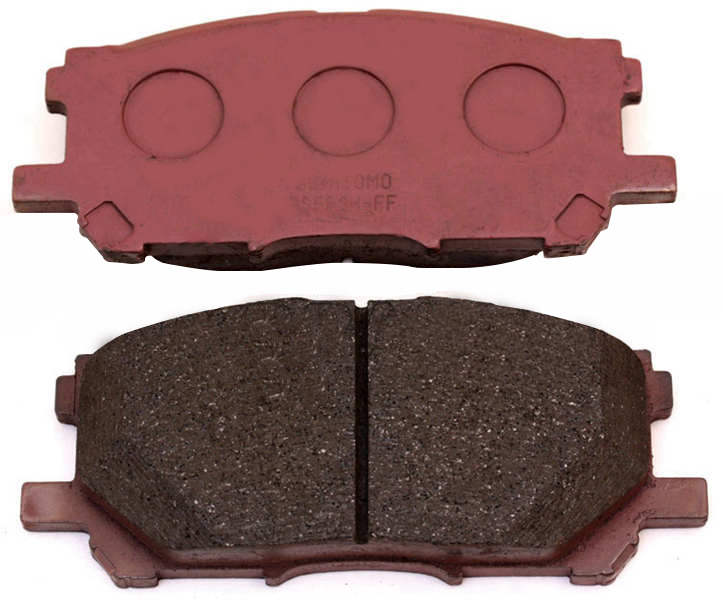The Impact of Brake Pad Quality on Vehicle Performance
When it comes to vehicle performance, the focus often revolves around engine power, fuel efficiency, and handling capabilities. However, one crucial aspect that is sometimes overlooked but plays a significant role in both safety and overall performance is the quality of the brake pads. Brake pads are a fundamental component of a vehicle's braking system, and their quality can have a profound impact on how a vehicle handles, stops, and ultimately performs on the road.
**1. Safety: Safety is paramount when it comes to vehicle performance. High-quality brake pads can make the difference between a safe, controlled stop and a dangerous collision. Inferior brake pads may not provide the necessary stopping power, leading to longer stopping distances and increased risk of accidents. Quality brake pads are designed to provide consistent and reliable braking performance, reducing the chances of brake failure.
**2. Braking Performance: The ability to bring a vehicle to a smooth and controlled stop is essential for safe driving. Quality brake pads ensure consistent and predictable braking performance, allowing drivers to modulate their braking force effectively. This is especially important in emergency situations, where split-second decisions can mean the difference between avoiding a collision and a potential catastrophe.
**3. Noise and Comfort: Low-quality brake pads can produce unwanted noise during braking, such as squealing or grinding. This not only affects the comfort of the vehicle's occupants but can also be a sign of brake pad wear or damage. High-quality brake pads are designed to operate quietly, providing a more comfortable and enjoyable driving experience.

**4. Wear and Longevity: The durability and longevity of brake pads are essential factors in vehicle performance. Quality brake pads are engineered to withstand the rigors of daily driving and provide a longer service life. This means fewer replacements, reduced maintenance costs, and greater peace of mind for vehicle owners.
**5. Heat Dissipation: During braking, friction generates heat, which can affect the performance of the brake pads. High-quality brake pads are designed with advanced materials and formulations that enhance heat dissipation, reducing the risk of brake fade. Brake fade occurs when the braking performance deteriorates due to overheating, which can be particularly problematic during intense driving or in hilly terrain.
**6. Compatibility: Different vehicles have different braking systems and requirements. Quality brake pad manufacturers offer a wide range of products designed to fit specific makes and models. Using the right brake pads for your vehicle ensures optimal performance and safety.
**7. Environmental Impact: Some low-quality brake pads may contain hazardous materials or produce excessive brake dust, which can harm the environment. Quality brake pads are often designed to meet or exceed environmental regulations, reducing their impact on air and water quality.
**8. Resale Value: The condition and performance of a vehicle's braking system can influence its resale value. A well-maintained braking system with high-quality brake pads can make a vehicle more attractive to potential buyers and command a higher price in the used car market.
In conclusion, the quality of brake pads has a profound impact on vehicle performance and safety. Investing in high-quality brake pads not only enhances a vehicle's ability to stop effectively but also contributes to overall driving comfort, longevity, and environmental responsibility. When it comes to ensuring your vehicle's optimal performance, never underestimate the significance of quality brake pads as they are a critical component for your safety on the road. Regular inspections and maintenance, along with the use of quality brake pads, can help you enjoy a safer and more enjoyable driving experience.
429
0
0


Comments
All Comments (0)